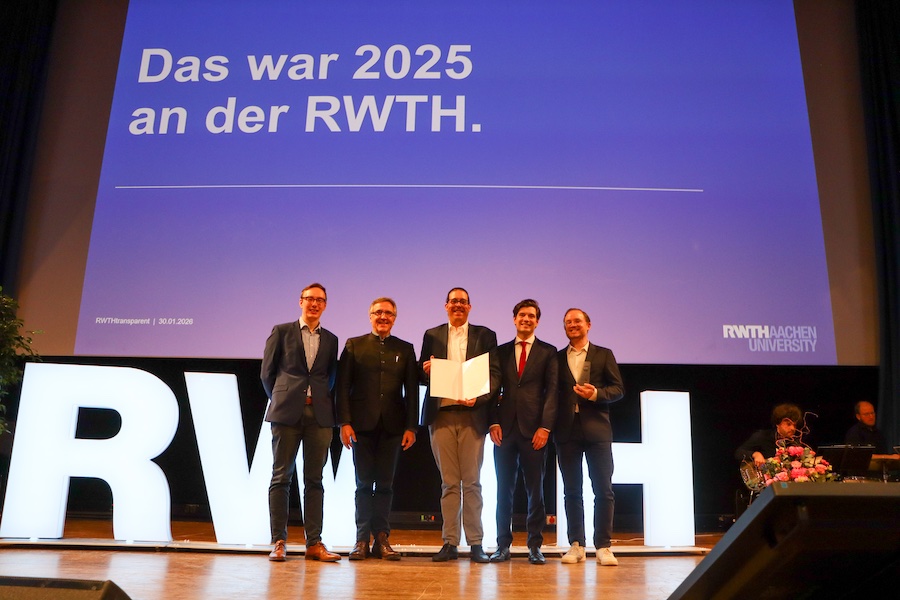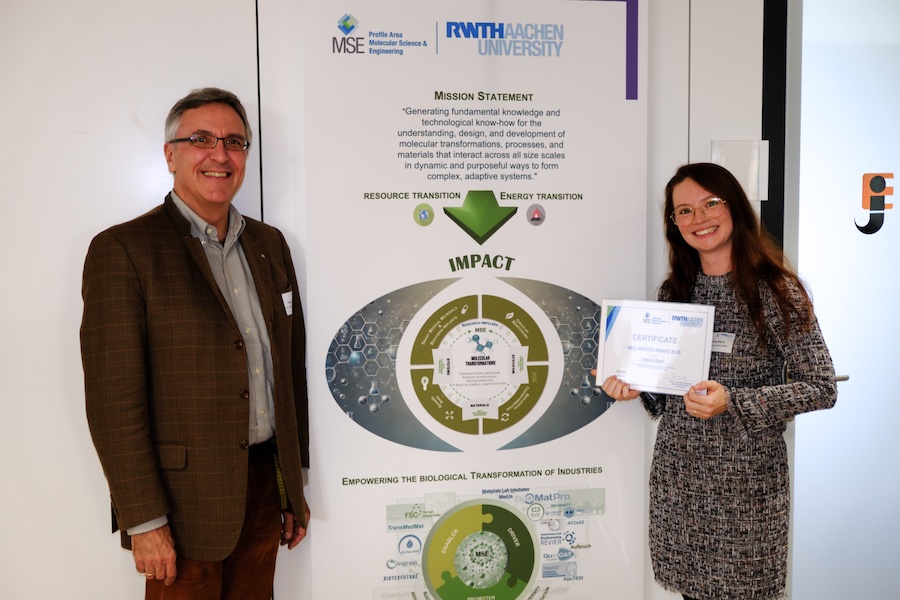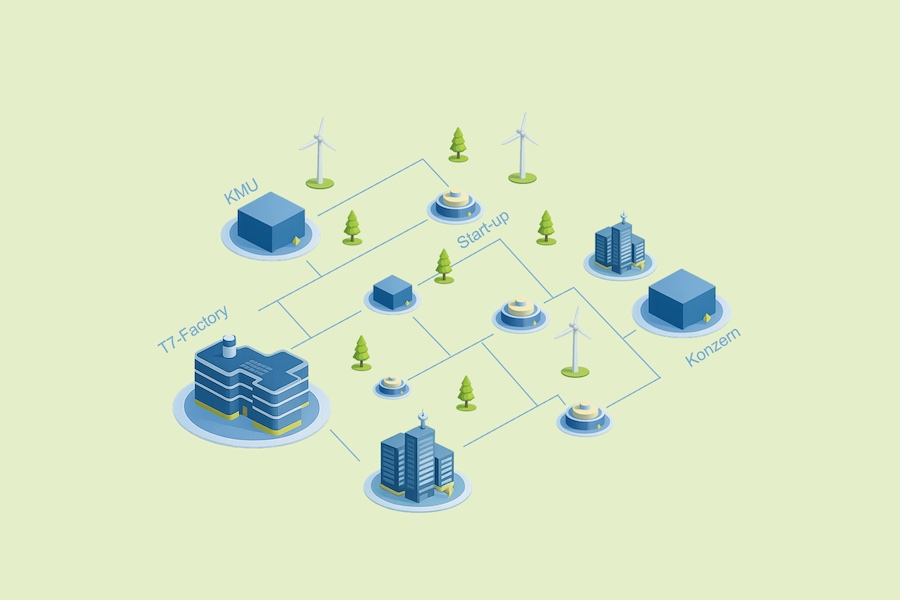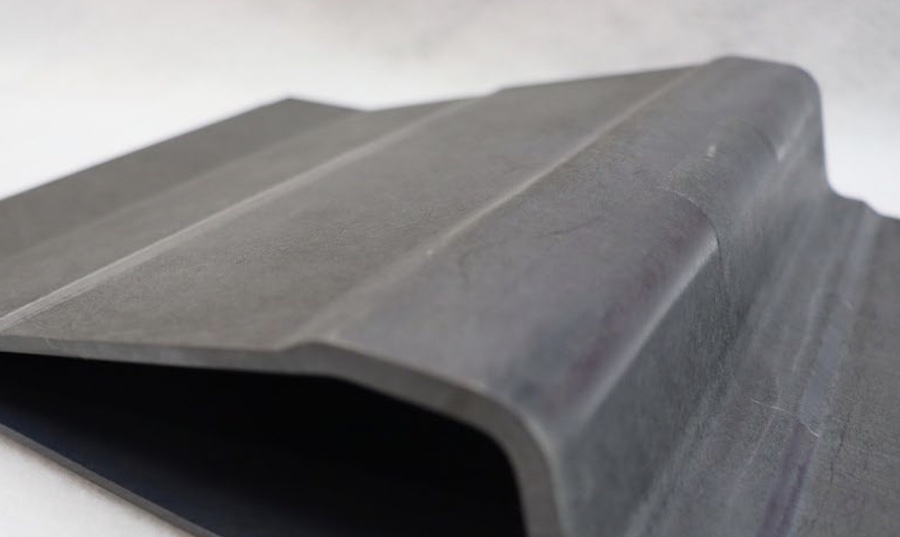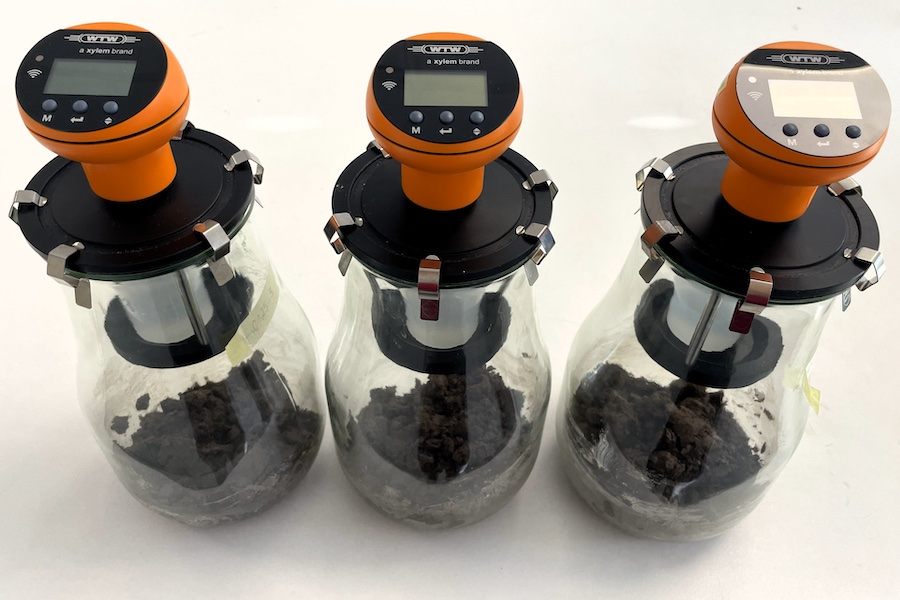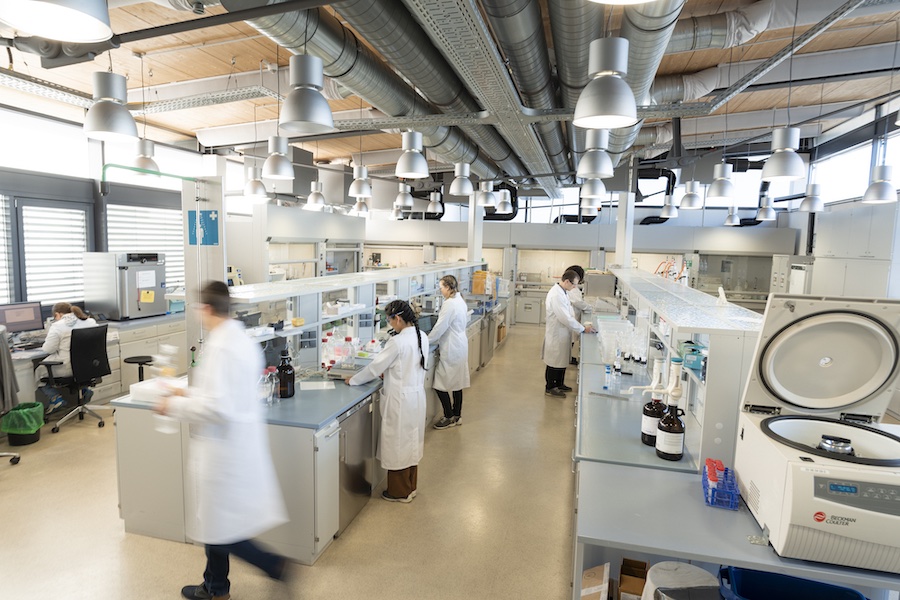#Research & Development
Walter Reiners Foundation Award for two ITA prizewinners
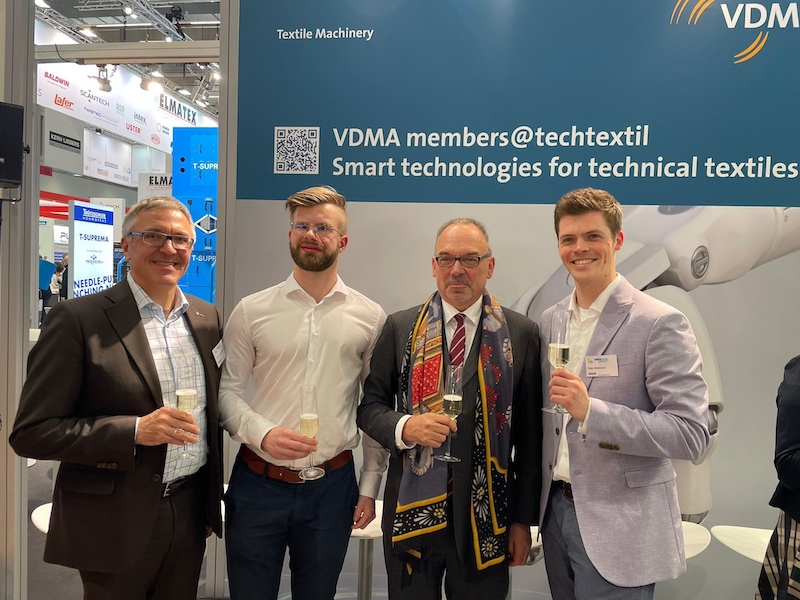
Use of transfer learning enables data reduction in the needling process
Lennart Hellwig received the "Förderpreis Masterarbeit" for his master's thesis "Transfer learning model for needling processes in nonwovens production taking uncertainties into account".
The award was presented for the development of a methodology that makes it possible to model a manufacturing process in nonwoven production using transfer learning. This model can be used to optimise the production steps. The use of transfer learning reduced the amount of data required for the models and improved the accuracy of predictions. Specifically, the needling process was selected as the production step in the work. In principle, the process can also be transferred to other production steps.
Ecological decision-making aid for the selection of more sustainable products
Fabio Bußmann was honoured with the "Sustainability Award Master's Thesis" for his master's thesis "Method development and implementation of life cycle assessments to evaluate the sustainability of production and end-of-life scenarios of biodegradable geotextiles". Plastics offer a wide range of applications due to their diverse properties and moulding options. Geotextiles are one example. They are almost exclusively manufactured using petrochemical plastics, which are primarily selected for their functionality without any thought being given to sustainable disposal at the end of their useful life. These textiles often remain in the ground as they are very difficult and expensive to remove, if at all. A more sustainable alternative could be the use of geotextiles made from biodegradable plastics.
The aim of this work was to compare the environmental impact of geotextiles made from petrochemical plastics with those made from biodegradable plastics. This study is being carried out in three different application areas in order to serve as an ecological decision-making aid and to identify the more sustainable product.
The Chairman of the Walter Reiners Foundation of the VDMA Textile Machinery Association, Peter D. Dornier, presented the awards during the Techtextil trade fair in Frankfurt am Main.




